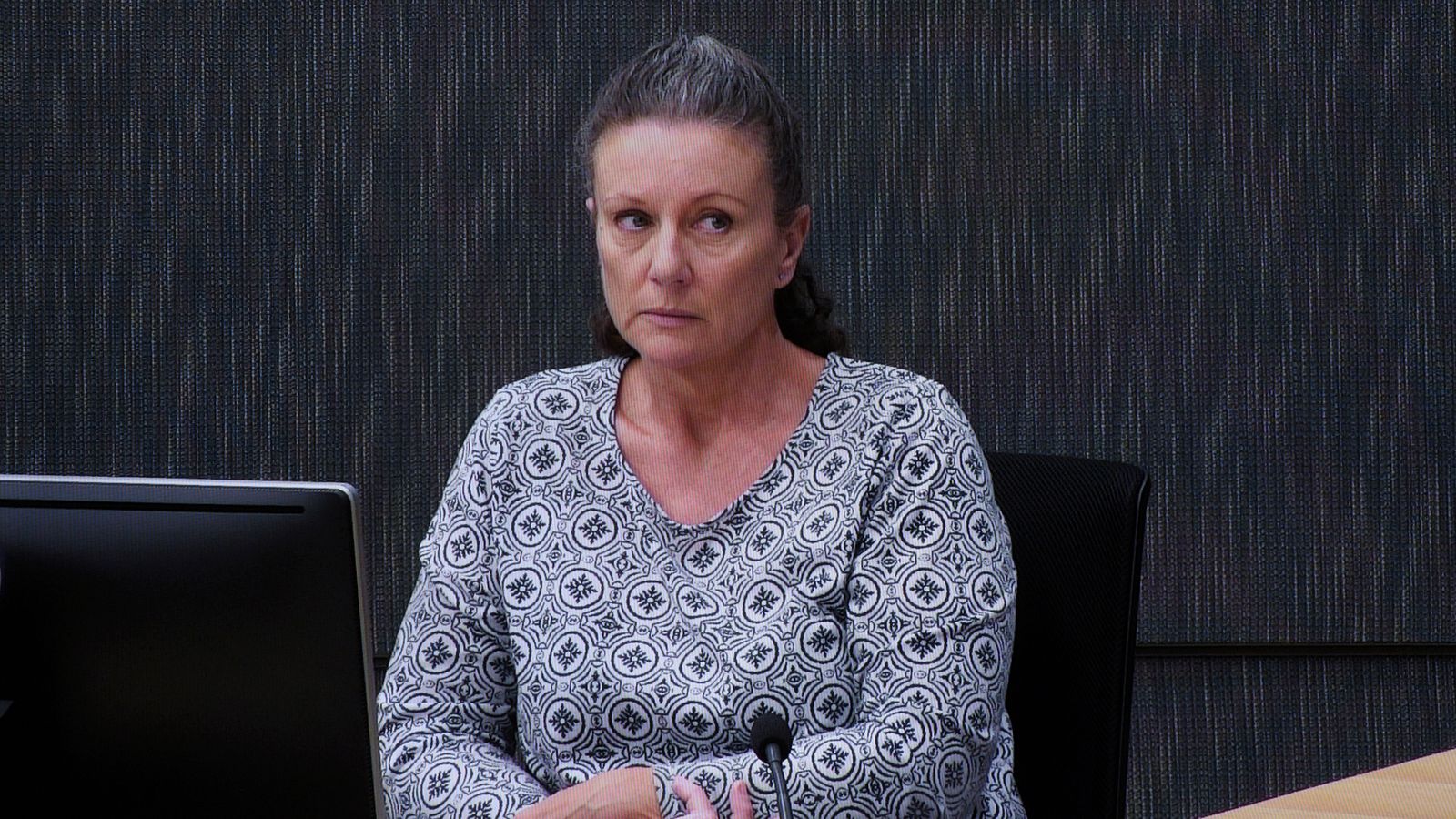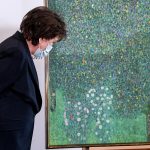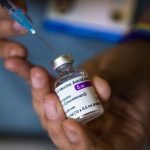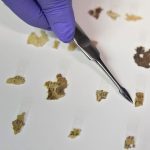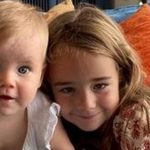A woman who was convicted of smothering her four children has lost an appeal after an inquiry concluded they had not died from natural causes.
The New South Wales state Court of Appeal dismissed Kathleen Folbigg’s application for a review of a judge’s ruling that “makes her guilt of these offences even more certain”.
Scientists and doctors say Kathleen Folbigg is the victim of a “miscarriage of justice” as there is medical evidence to suggest the children died from natural causes, but others consider the deaths too tragic to be bad luck alone.
A petition for a pardon was made this month to New South Wales governor Margaret Beazley, which would enable Folbigg’s release, but her convictions would still stand.
The petition carried the signatures of 91 scientists, medical practitioners and related professionals including two Nobel laureates.
“Today’s decision and the pardon petition have got many more people looking at this important case than ever before, and many people are starting to ask valuable questions about how we got here,” Tracy Chapman said in a statement written in consultation with Folbigg, her friend.
“Many international eyes are now on this case and there’re many more Australians rightly asking why Kath’s still in prison after 18 years when there’s mounting scientific evidence relating to her innocence,” the statement added.
Her lawyers said in a statement the court loss should not impact the pardon application.
Folbigg, 53, was convicted in 2003 of murdering three of her children and the manslaughter of a fourth. She has consistently denied guilt.
She was sentenced to 30 years in prison with a minimum of 25 years to be served before she could be considered for parole.
Her first child Caleb was born in 1989 and died 19 days later in what a court determined to be the lesser crime of manslaughter. Her second child Patrick was eight months old when he died in 1991.
Two years later, Sarah died aged 10 months. In 1999, Folbigg’s fourth child Laura died at 19 months old. Folbigg was the first on the scene of each tragedy.
An autopsy found Laura had myocarditis, an inflammation of heart muscle that can be fatal. But in light of the deaths of her three siblings, a pathologist listed the cause of her death as “undetermined”.
Patrick suffered from epilepsy and his death had been attributed to an airway obstruction due to a seizure. The other two children’s deaths were recorded as Sudden Infant Death Syndrome, or SIDS.
At her trial, Folbigg’s lawyers told the jury there were medical explanations for each death. Caleb had a soft larynx and Sarah had a congested uvula that could have obstructed their airways.
Folbigg did not testify at her trial, but she testified for almost three days at the 2019 judicial review of her convictions based on a pathologist’s findings that the children likely died of natural causes with no sign of smothering.
The judge hearing the review also heard expert testimony that both girls had an inherited genetic mutation linked to abnormal heartbeats and sudden death in children and suggested their deaths may have been triggered by infections they had at the time.
Last year, the findings of 27 scientists describing the genetic mutation in the Folbigg girls and its functional validation were published by Oxford University Press in the peer-reviewed cardiology journal Europace.
The case against Folbigg was circumstantial and relied on interpretations of vague entries she had made in personal diaries, one of which her estranged husband Craig Folbigg reported to the police.
The entries included: “Obviously, I am my father’s daughter,” a reference to her father stabbing her mother to death in 1968 when Folbigg was 18 months old.
Folbigg’s lawyers note in their petition for a pardon that the diaries contain no admissions of guilt.
“You’ve got to understand that those diaries are written from a point of me always blaming myself,” Folbigg said in a phone call from prison in 2018 which was recorded by Australian Broadcasting Corp.
